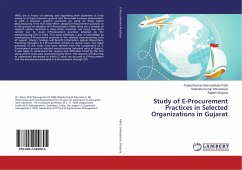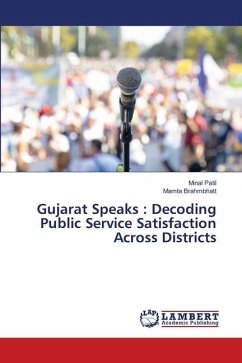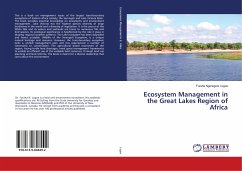
Management and Impact of Watershed Development Projects in Gujarat
A Study of Implementation Processes and Outcomes
Versandkostenfrei!
Versandfertig in 6-10 Tagen
52,99 €
inkl. MwSt.

PAYBACK Punkte
26 °P sammeln!
Watershed development projects have been implemented in large scale in India for the last two decades, but it has not been able to make a lasting impact. This sub-optimal result is generally attributed to the inefficiency of implementing agencies. But literature from implementation research suggests that such an explanation overlooks the organizational and political processes that play an important role in diluting the outcomes of development programmes. Taking a cue from this, this study looks into four watershed projects based in Gujarat, India. The main findings are that restrictions in pol...
Watershed development projects have been implemented in large scale in India for the last two decades, but it has not been able to make a lasting impact. This sub-optimal result is generally attributed to the inefficiency of implementing agencies. But literature from implementation research suggests that such an explanation overlooks the organizational and political processes that play an important role in diluting the outcomes of development programmes. Taking a cue from this, this study looks into four watershed projects based in Gujarat, India. The main findings are that restrictions in policy guidelines, resource use decisions, standard operating procedures, and parochial interests of stakeholders at all levels policy makers, organizational players, and community together make a complicated effect that dilutes the ultimate impact of the project. For conducting this study, an integrated impact assessment model was used that incorporated process indicators along with impact indicators.












